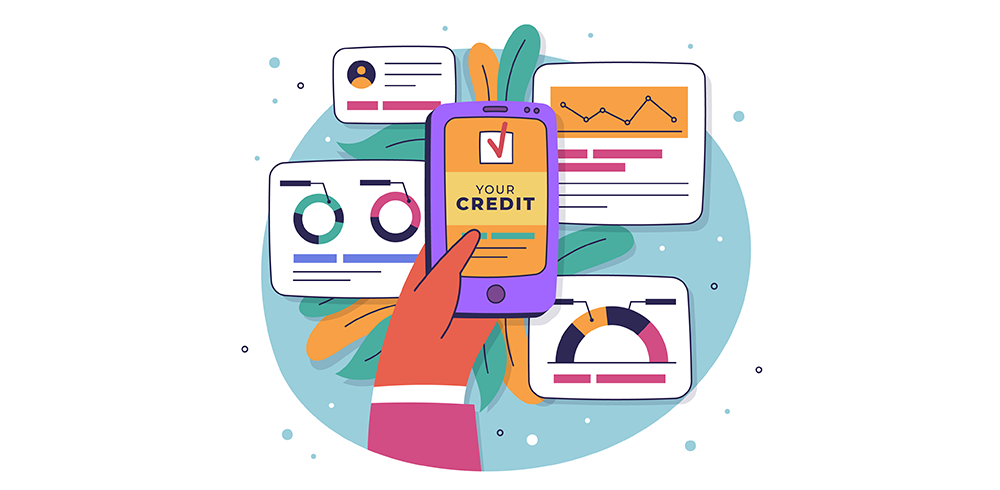Securing a personal loan can be a crucial financial decision, and understanding the associated loan terminology is key to making informed choices. Navigating the world of loans may seem daunting, especially with all the complicated loan jargon.
In this blog, we will demystify the top loan-related terms, providing you with a handy loan glossary. So, let us dive into the world of loans and decode the jargon that may often leave us perplexed.
Principal Amount
The principal amount is the initial sum you borrow from the lender. In simpler terms, it is the money you need for a specific purpose, such as loans for home renovation, covering medical expenses, or consolidating debts. Understanding the principal amount is crucial because it forms the basis for calculating interest and determining your monthly payments.
Interest Rate
The interest rate is the cost of borrowing money, expressed as a percentage. In India, personal loan interest rates can be fixed or floating. A fixed interest rate remains constant throughout the loan tenure, providing predictability in monthly payments. On the other hand, a floating interest rate may change based on market conditions, potentially impacting your monthly instalments.

EMI (Equated Monthly Instalment)
EMI is one of the most familiar terms for anyone looking for a personal loan. It represents the fixed monthly payment you make to repay both the principal amount and interest. Calculating your EMI helps you budget effectively, ensuring that your loan remains manageable.
Loan Tenure
Loan tenure refers to the duration for which you commit to repaying the loan. While a shorter tenure may result in higher EMIs, it reduces the overall interest paid. On the other hand, a longer tenure decreases the EMI but increases the total interest outgo. Balancing these factors is crucial to finding a tenure that aligns with your financial goals and capabilities.
Credit Score
Your credit score is a numerical representation of your creditworthiness. Lenders use this score to assess the risk of lending to you. A higher credit score increases your chances of securing a personal loan at favourable terms, including lower interest rates. Regularly checking and maintaining a good credit score is essential for a healthy financial profile.
Collateral
Collateral is an asset- such as property, gold, or investments- that you pledge to the lender as security against the loan. Secured loans, which require collateral, often have lower interest rates than unsecured loans. Understanding the concept of collateral is crucial, especially when considering loans that may require you to put up valuable assets.
Prepayment and Foreclosure
Prepayment involves repaying a part of the loan amount before the scheduled EMI payments. Foreclosure, on the other hand, is settling the entire outstanding loan amount before the agreed-upon tenure. While prepayment can help reduce the interest burden, foreclosure may involve additional charges. Knowing these terms empowers you to make informed decisions about repaying your loan ahead of schedule.
Processing Fee
When applying for a loan, some lenders may levy a processing fee. This is a one-time charge levied by the lender for processing your loan application. While it might seem like an additional expense, understanding the processing fee is crucial for budgeting and comparing loan offers from different institutions.
Conclusion
Navigating the world of loans becomes significantly easier with a basic understanding of key loan terms. Moreover, it is essential to know these concepts to make informed financial decisions and choose loans that align with your needs and capabilities.
Remember, a well-informed borrower is better positioned to secure favourable loan terms and build a strong financial future. So, take the time to acquaint yourself with these essential loan definitions, and you will be on your way to making informed and empowered financial decisions.










